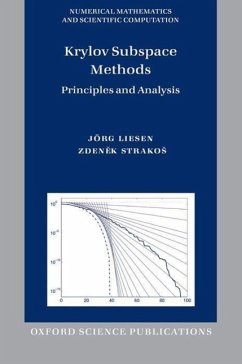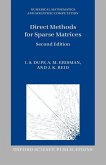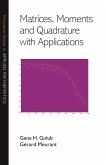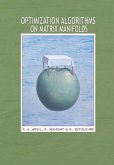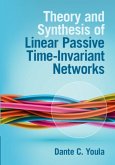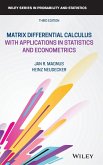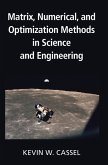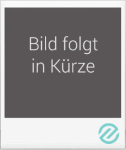Describes the principles and history behind the use of Krylov subspace methods in science and engineering. The outcome of the analysis is very practical and indicates what can and cannot be expected from the use of Krylov subspace methods, challenging some common assumptions and justifications of standard approaches.
Hinweis: Dieser Artikel kann nur an eine deutsche Lieferadresse ausgeliefert werden.
Hinweis: Dieser Artikel kann nur an eine deutsche Lieferadresse ausgeliefert werden.

